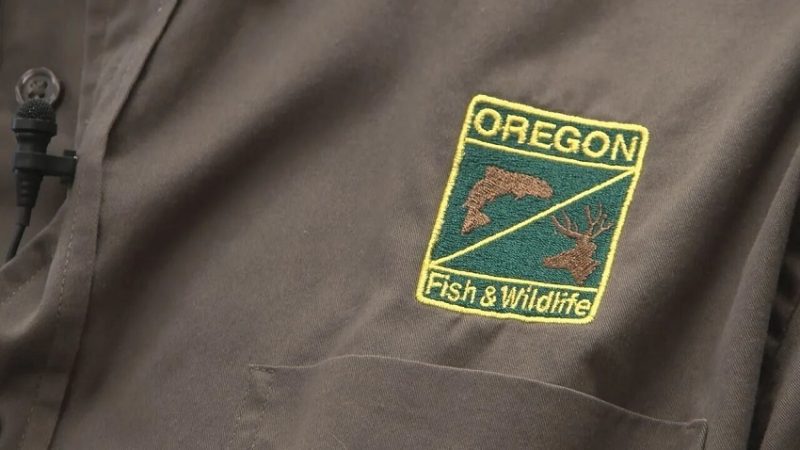Medford, OR — The Oregon Fish and Wildlife Commission (OFWC) held a virtual meeting on February 14 to discuss several important updates to the state’s fish and wildlife regulations. Among the key decisions made was a new daily catch limit for recreational harvesters of purple sea urchins and an approval for the Oregon Department of Fish and Wildlife (ODFW) to issue Letters of Authorization for controlled culling of sea urchins to protect critical kelp and seaweed ecosystems.
The Commission voted to allow a daily limit of 35 purple sea urchins for recreational harvesters, a move aimed at promoting sustainable harvesting practices while ensuring the long-term health of the sea urchin population. This new regulation reflects ongoing concerns about preserving marine life and preventing overharvesting of key species.
However, the Commission decided against implementing a new commercial purple sea urchin permit system. The current commercial harvesting framework will remain in place for the time being, leaving in place a structure that has been in effect for several years.
In another significant development, the Commission approved new regulations that enable ODFW to issue Letters of Authorization for the controlled culling of both red and purple sea urchins in three priority conservation areas. These areas, which are critical to the health of bull kelp and other marine vegetation, are facing pressure from an overabundance of sea urchins that are damaging vital ecosystems. The goal is to protect these kelp forests, which play a key role in marine biodiversity and carbon sequestration.
Steve Rumrill, ODFW Shellfish Program Leader, expressed his satisfaction with the Commission’s decisions, particularly the approval of measures aimed at conserving bull kelp. “I’m very pleased with the action taken by the Fish and Wildlife Commission today,” said Rumrill. “These actions will help ensure the conservation of bull kelp, which is essential to maintaining a healthy marine environment.”
Additionally, the Commission postponed a decision regarding the revision of the Private Forest Accord OAR (Oregon Administrative Rules), allowing for further stakeholder engagement. This delay indicates the Commission’s recognition of the importance of addressing all concerns from various stakeholders before implementing changes that could affect private forest management and conservation efforts.
In other discussions, the Commission addressed concerns raised by crab fishermen regarding ongoing issues in the industry. The Commission has tasked ODFW with further review of regulations on barbless hooks in the Columbia River, with plans to revisit this topic in a future meeting.
The meeting also featured a workshop on the environmental risks posed by road surface runoff, highlighting the impact of urban development on conservation efforts. Chair Mary Wahl emphasized the importance of community engagement in addressing these challenges, underscoring the need for collective action to protect Oregon’s natural resources.
With these latest decisions, the OFWC continues to navigate the complexities of balancing recreational and commercial interests with the urgent need for environmental protection. The Commission’s actions aim to promote sustainability, conservation, and collaboration among stakeholders to safeguard Oregon’s diverse ecosystems for future generations.

